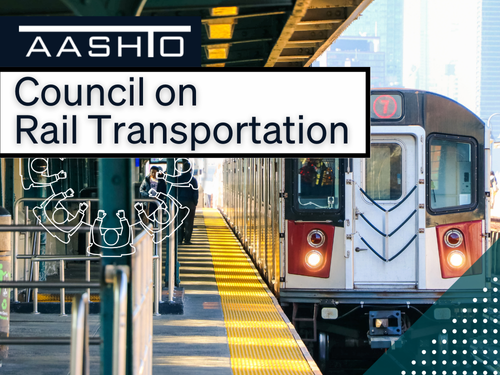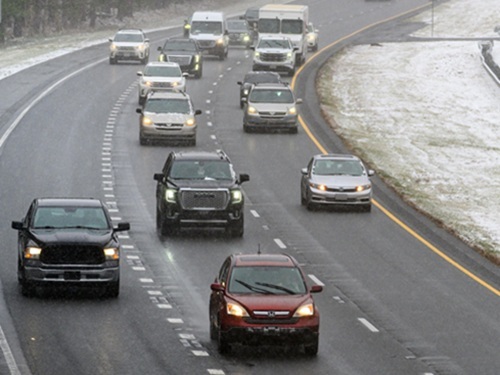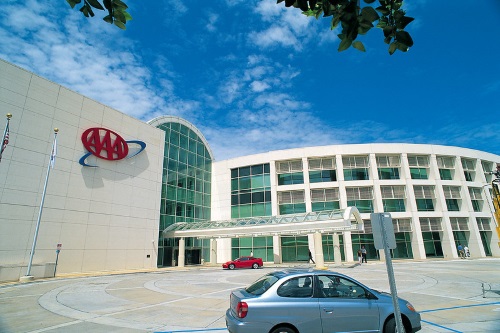A new report from the AAA Foundation for Traffic Safety says drivers with experience using advanced driver assistance systems or ADAS such as adaptive cruise control and lane-keeping assist are nearly twice as likely to engage in distracted driving while using them compared to when they are not using them.
[Above photo via AAA.]
Alternatively, the group found that motorists with less experience and familiarity using the technology were less likely to drive while distracted with systems activated compared to when systems were not in use.
“This new research suggests that as drivers gain more experience using ADAS technology, they could develop complacency while behind the wheel,” explained Dr. David Yang, the foundation’s executive director, in a statement. “Over-reliance on these systems can put drivers and others in dangerous conditions during critical moments.”
[The video below, produced by Honda, explains how ADAS technologies function.]
AAA researches collaborated with Virginia Tech Transportation Institute to analyze video of on-road behaviors for two groups of drivers using ADAS technology. Individuals in one group owned a vehicle equipped with ADAS and had more experience using the systems while drivers in the other group were given a vehicle equipped with ADAS to use during the four-week study period and had less experience with the technology.

The research found that drivers who owned their vehicles – and therefore had more familiarity with ADAS technology — were more likely to drive distracted when those systems were active, such as texting or adjusting the radio, versus when they were not. Meanwhile, drivers with less experience using the technologies were more likely to remain attentive and engaged while the systems were engaged.
Virginia Tech researchers theorized that motorists reach an “experienced user phase” where over-reliance and too much trust in the technology becomes more common, meaning they are apt to take their eyes and attention away from the road. The school added that research in other industries shows that pilots and nuclear technicians demonstrate similar patterns of over-reliance on automated systems.
 Nation
Nation
Registration Open for AASHTO’s Winter Rail Meeting
December 19, 2025 Nation
Nation

